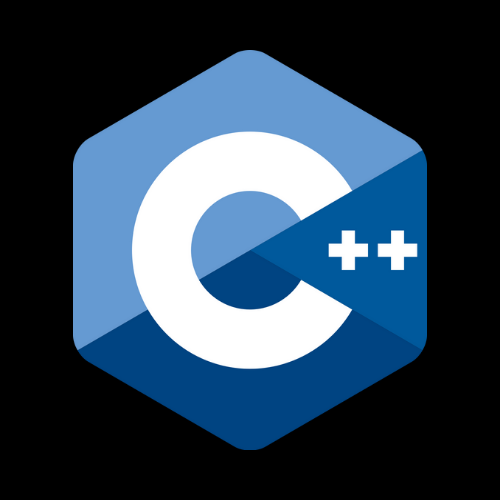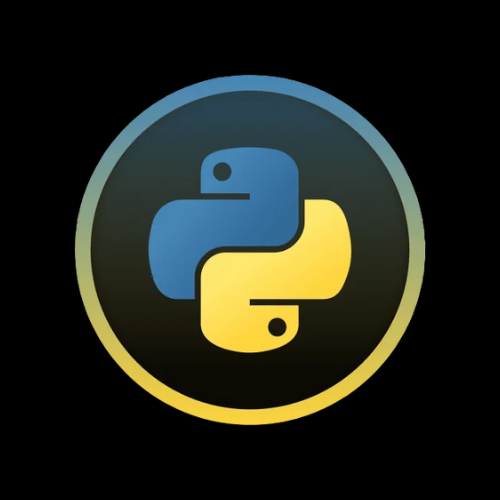In C++, "C++ Math" is not a predefined term or library, but it refers to mathematical operations and functions that can be performed using the C++ programming language. C++ provides a standard library called the C++ Standard Library that includes various mathematical functions and operations. These functions are available through headers like <cmath> and <cmath>, and they allow you to perform a wide range of mathematical operations in your C++ programs.
1. Basic Arithmetic Operations:
C++ supports the standard arithmetic operations, including addition, subtraction, multiplication, and division. These operations can be performed using the +, -, *, and / operators.
int a = 10;
int b = 5;
int sum = a + b; // Addition
int difference = a - b; // Subtraction
int product = a * b; // Multiplication
int quotient = a / b; // Division
2. Power and Exponentiation:
You can calculate powers and exponentiation using the pow function from the <cmath> library.
#include <cmath>
double result = std::pow(2, 3); // 2^3 = 8.0
3. Square Root:
To calculate the square root of a number, you can use the sqrt function.
#include <cmath>
double root = std::sqrt(25); // Square root of 25 = 5.0
4. Trigonometric Functions:
C++ provides functions for trigonometric operations like sine, cosine, and tangent. These functions are part of the <cmath> library.
#include <cmath>
double angle = 30; // Angle in degrees
double sineValue = std::sin(angle); // Sine of 30 degrees
double cosineValue = std::cos(angle); // Cosine of 30 degrees
double tangentValue = std::tan(angle); // Tangent of 30 degrees
5. Random Numbers:
You can generate random numbers using the rand function from the <cstdlib> library. However, it's essential to seed the random number generator with srand to ensure different sequences of random numbers in each run.
#include <cstdlib>
#include <ctime>
std::srand(std::time(0)); // Seed the random number generator
int randomNum = std::rand() % 100; // Generate a random number between 0 and 99
C++ also provides many other mathematical functions and constants, such as log, exp, pi, and e, which are part of the <cmath> library. These functions and constants can be used to perform complex mathematical operations in C++ programs.


